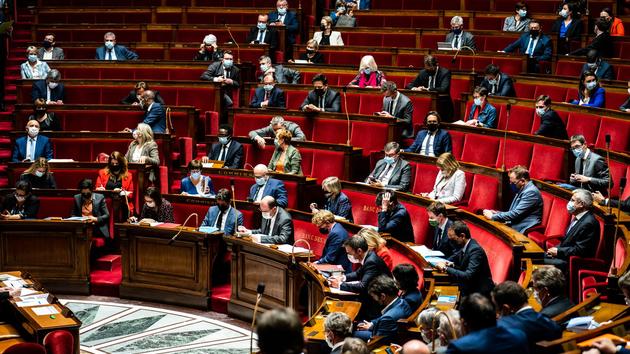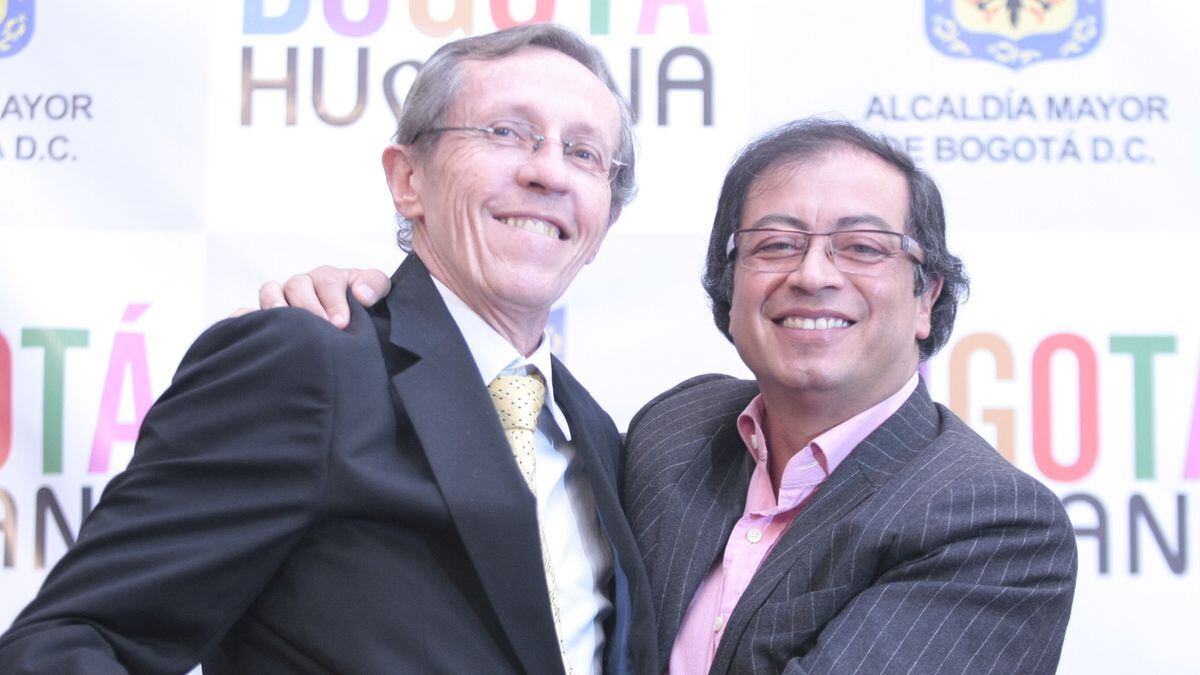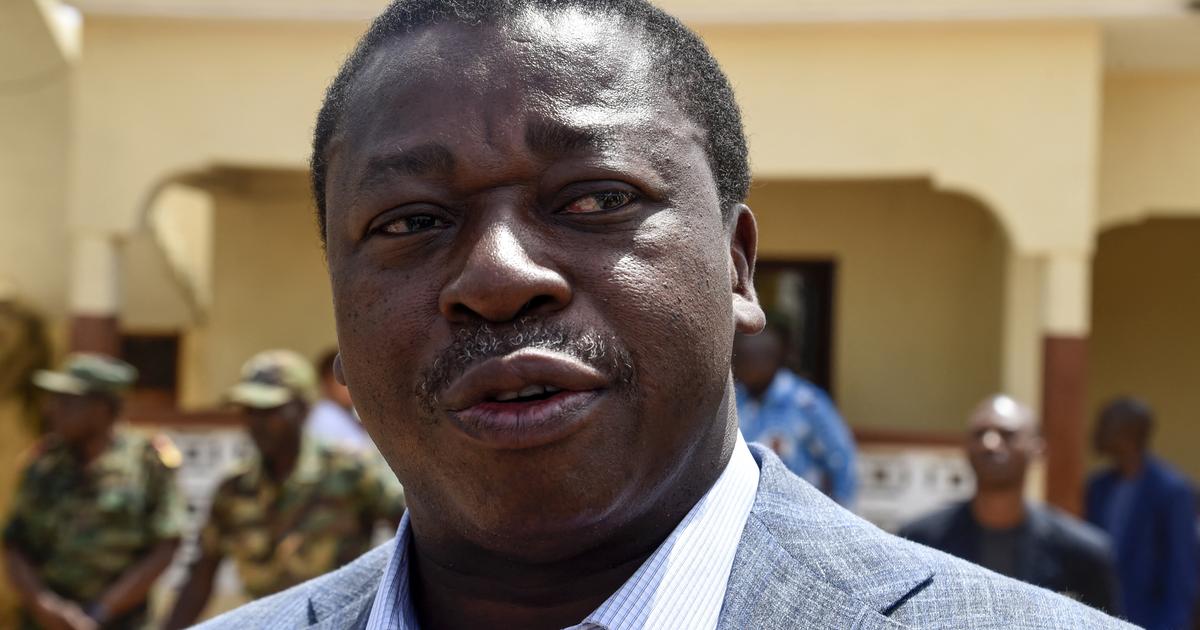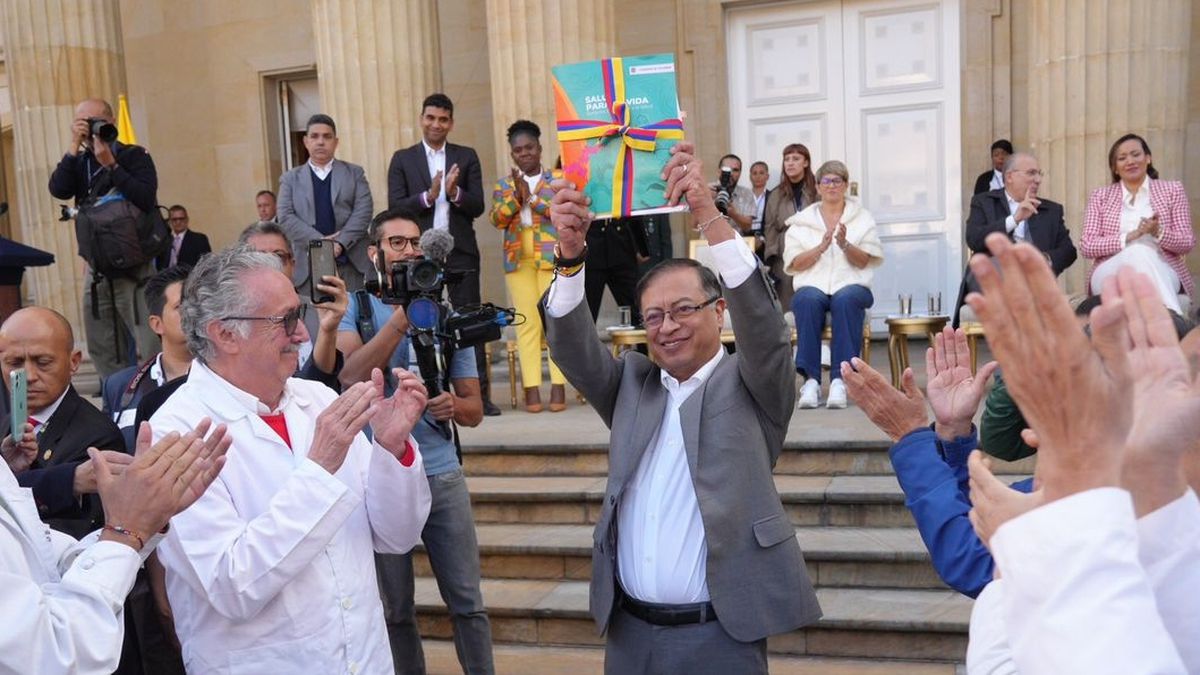Choose your death: the temptation to legislate on euthanasia never seems to be extinguished.
Even in the midst of a pandemic.
As caregivers fight to save the lives of Covid-19 patients in hospitals on the verge of saturation, supporters of active assistance in dying are calling for a law that would enshrine
"ultimate freedom"
.
To read also: Michel Houellebecq: "A civilization which legalizes euthanasia loses all right to respect"
This Thursday, April 8, the deputies will examine a bill by Olivier Falorni (Freedoms and Territories)
"guaranteeing"
the right to
"a free and chosen end of life",
as part of a parliamentary niche of his group.
With a government reluctant to vote on this text in a context of health crisis and no less than 3,005 amendments tabled on the text, its examination in the Chamber promises to be complicated.
While the examination time is limited to one day, it is not certain that a vote can take place.
However, even if this law is not adopted, the debate on the end of life has just taken a new step.
It is indeed the first time that a text on euthanasia has been adopted by the Social Affairs Committee of the National Assembly.
In addition, the relationship between supporters and opponents of euthanasia seems to be on the verge of tilting among elected officials.
No less than 272 deputies signed a platform in the
Sunday Journal
to defend the review of this law.
The first article of the text promises
“a quick and painless death”
via
“medical assistance”.
This right would be open to any
"capable"
and
"adult" person who
is
"in the advanced or terminal phase of a serious and incurable disease (...) inflicting on him physical or psychological suffering which cannot be alleviated or whom he considers unbearable ”
.
However, the word “euthanasia” does not appear in this text, which is modeled on Belgian law.
Was he deemed too disturbing, too violent?
Why propose a law that does not say its name?
“I have no problem with that word.
Doesn't it mean “beautiful death” in ancient Greek?
But it was necessary to insist on the fact that it had to be a medical act, even in the event of assisted suicide if the patient wanted to carry out the gesture himself ”
, advances Olivier Falorni.
A trio of doctors would be responsible for verifying that the patient is in a "therapeutic impasse" and ensuring the "free, enlightened, considered and explicit" character of his request.
In practice, the request for euthanasia should first be sent to the attending physician before being examined by three physicians including a specialist in the patient's condition.
This trio would be responsible for verifying that the patient is in a
“therapeutic impasse”
- in other words “condemned” - and for ensuring the
“free, enlightened, considered and explicit” nature
of his request.
Their response should be given
"within a maximum of four days"
.
After this green light, the lethal act could be carried out
"after a period of twenty-four hours"
,
"in the presence and under the control of the doctor"
.
In response to the voices of the medical world which speak out against a transgression of the fundamental prohibition to kill and recall the Hippocratic oath, the text provides for a conscience clause for caregivers.
The latter would not be required to implement
“active medical assistance in dying”
but should however refer
the patient
“immediately”
to another practitioner.
Concern around article 3
On a subject as sensitive as the end of life, each word in the description of this process raises a host of questions.
How to define the
"psychic suffering"
mentioned in the text?
Could a
pain deemed
"unbearable"
open the right to euthanasia even if the doctors claim to be able to relieve it?
“This text does not propose a restricted right.
If we read it extensively, a psychiatric illness could be considered serious and incurable, ”
warns Dr Claire Fourcade, president of the French Society for Support and Palliative Care (Sfap).
It is undoubtedly article 3 of the text that gives rise to the most concerns.
It provides that people who are no longer able to express themselves may have access to euthanasia on the condition that this request is expressly included in their advance directives or relayed by their trusted person.
“The risk of abuses is immense and we would lose the right to the inconstancy of our desires.
This would open up a considerable field of potentially affected patients, including people with Alzheimer's disease ”
.
Olivier Falorni, on the contrary, defends
"a law of freedom for the patient and the doctor"
, bordered by safeguards.
“This right is framed by strict rules, starting with the conscience clause for doctors,” he
underlines.
This right is also conditioned by the fact that the patient is in the advanced or terminal phase of the disease.
It would be accessible to incurable patients but not to people with depression. ”
Read also: Jean Leonetti: "Euthanasia will not solve all end-of-life issues"
Beyond concerns about the outlines of the text, palliative care physicians warn:
"Authorizing euthanasia would not only open a right to a few but would irreparably change the way in which our entire society views death."
Because if no one would be forced to choose this end of life,
"everyone would be forced to consider it
".
“
It's a trap that is closing
, insists Claire Fourcade.
With this law, we run the risk of seeing many patients refuse to be relieved and immediately referred to assistance in dying. ”















